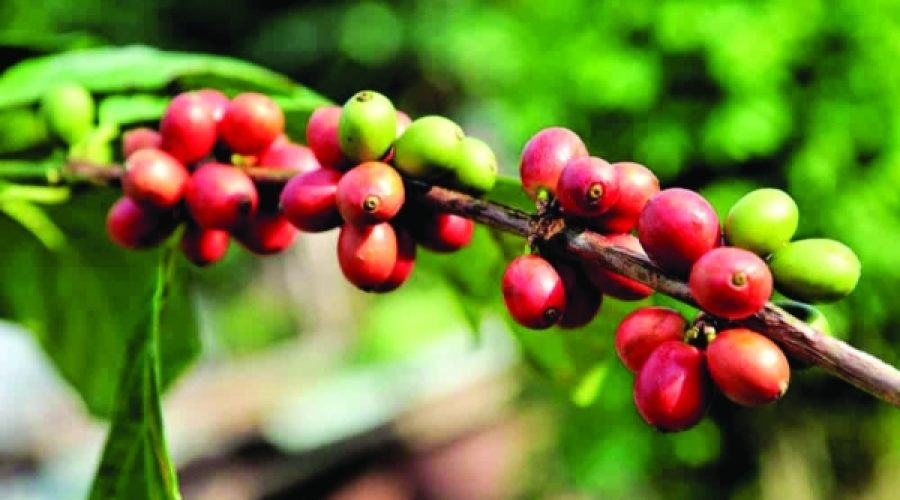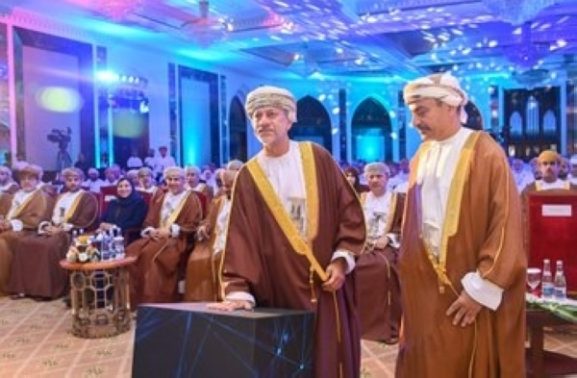First Coffee Farm Launches in Jabal Shams: What This Means for Investment Opportunities in Oman’s Agricultural Sector
Strategic Coffee Cultivation Initiative Launched in Jabal Shams
Muscat: In a significant effort to advance high-altitude agriculture and expand Oman’s specialty crop offerings, the Coffee Farm Company, under the leadership of founder and CEO Said al Wardi, has inaugurated a commercial coffee cultivation project in Jabal Shams. This initiative aims to plant 6,000 coffee seedlings by 2027, establishing Oman as a prospective producer of high-quality Arabica coffee.
The project commenced with the planting of 300 seedlings from the Yemeni Udaini variety, recognized as one of the oldest and most esteemed Arabica strains globally. The target is to increase this number to 5,000 seedlings by 2026, culminating in 6,000 by 2027. These crops are being cultivated at elevations ideal for specialty-grade coffee, with Jabal Shams providing the optimal conditions of altitude, temperature, and humidity.
"The climate in Oman’s highlands is more suitable for coffee than many people realize," said Al Wardi. "This isn’t about hobby farming; it’s a serious agricultural and economic opportunity aligned with national goals."
This initiative marks one of the first significant coffee cultivation projects in Oman. Although coffee is not indigenous to the country, its mountainous regions, particularly in Al Dakhiliyah and Dhofar, have demonstrated promising potential for experimental growth.
One early challenge faced by the company was sourcing viable coffee seedlings. "Most countries classify coffee as a strategic crop and impose restrictions on seed exports," explained Al Wardi. "We addressed this by propagating seedlings locally in Salalah and Bahla."
To facilitate sustainable growth, the company has formed partnerships with Nakheel Oman Development Company and the Agricultural Research Centre in Qummah, which are assisting in the development of tissue-cultured plants to scale up operations. Additionally, the Coffee Farm Company is investing in agri-tourism infrastructure, with plans to create a coffee visitor experience site in Jabal Shams. This site will include tours of the plantations, opportunities for visitors to participate in harvest activities, and a Coffee Museum located near the popular viewpoint of Shurfat Al Nakhr.
"This initiative is not merely about agriculture; it’s about intertwining farming, tourism, and heritage into one cohesive value chain," stated Al Wardi.
The coffee will be marketed under the brand name Bunn Al Madar, inspired by the traditional clay dallah used for brewing coffee in Oman. The brand has already begun producing roasted beans and capsules, striving to forge a strong “Made in Oman” identity.
This project aligns with the objectives of Oman Vision 2040, which emphasizes agricultural innovation, economic diversification, and the development of non-oil sectors, especially in rural and mountainous regions.
“This is just the beginning,” Al Wardi asserted. “With the right support and ongoing experimentation, Omani coffee can become a recognized name in both regional and global markets.”
Special Analysis by Omanet | Navigate Oman’s Market
The launch of a commercial coffee cultivation project in Jabal Shams presents significant opportunities for businesses in Oman, particularly in agricultural innovation and tourism. As Oman positions itself as a potential producer of high-quality Arabica coffee, smart investors should consider strategic partnerships within agriculture and tourism sectors to leverage this burgeoning market. However, challenges in seed acquisition and the need for sustainable practices must be addressed to fully capitalize on this initiative.



